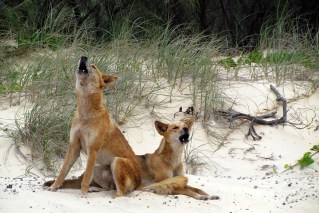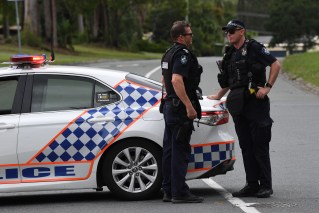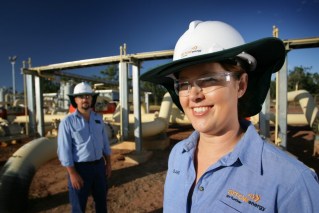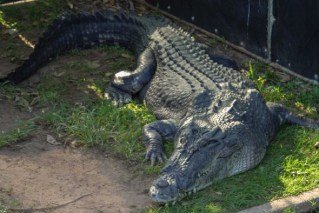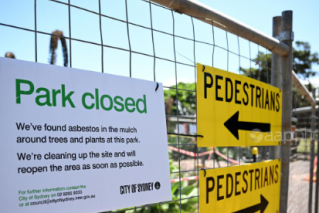Queensland leads the way as farmers and scientists team up to target net zero
Australia’s national science agency will for the first time outline a plan to help the regions and hard to abate industries towards reaching net zero emissions.
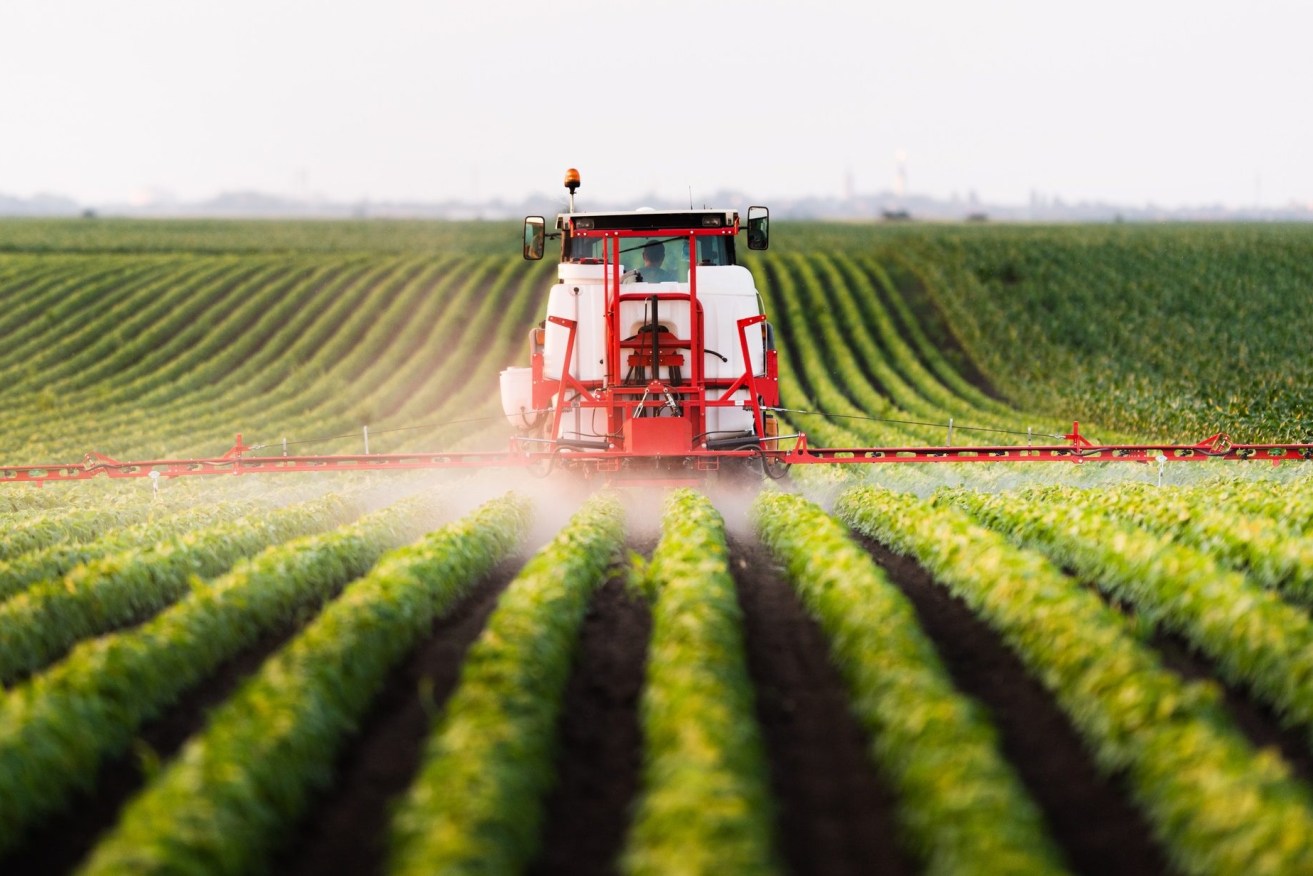
More Australian agricultural land rests with Aussie ownership than last year, the ATO has revealed..
The CSIRO will invest $90 million on its net zero research mission, to be launched on Tuesday in Sydney by chief executive Dr Larry Marshall.
The project would help Australia’s hardest to abate sectors, such as agriculture, aviation and steel, halve their emissions by 2035.
Marshall said the transition would be achieved by using new technology and opportunities.
“Our hard to abate industries like steel and agriculture are critical Australian advantages and are deeply embedded into the fabric of our regions – regions that our country is built on,” he said.
He said the mission needed to work in partnership with industry as well as communities.
“The transformation of these hard to abate industries and regions is critical to our nation’s future prosperity … Every Australian is part of the journey to net zero,” he said.
Project lead Dr Michael Battaglia said heavy emitters like the farming sector and iron ore processors needed help to reach their targets.
“We will specifically deal with these sectors and assist them to reduce their emissions,” he told AAP.
“In working with them, we will start to develop sorts of analytic frameworks and collaborative approaches that help us apply it to other sectors as well.”
Battaglia said the CSIRO was looking at how farmers reducing emissions and increasing sustainability could be rewarded for their work.
“If we can … identify the benefits … and then embed those into supply chain credentials, you start to get a very good mechanism to monetise the advantage and pass some of that benefit back to farmers.”
As part of its mission strategy the CSIRO worked with the Queensland agriculture department to produce a 53-page report examining how the farming sector could reduce emissions.
The report “Low emissions pathways for Queensland agrifood” found methods to reduce methane from cattle could be the best way to lower emissions in the state’s $18 billion agricultural food industry.
“Livestock supplements was a big part of that … eight of their 19 mega tonnes of agricultural emissions could be potentially offset with livestock supplements,” Battaglia told AAP.
The red meat sector, of which Queensland contributes almost half of the herd, has a target of reaching net zero by 2030.
Industry Minister Ed Husic said the federal government was committed to assisting industry to reach net zero.
He said the CSIRO mission gave industry a partner to problem solve with on their road to net zero.
“In some of the hard to abate areas … there’s been a lack of alternatives in terms of energy,” Husic told AAP.
“It’s a signal to industry that we want to work together, that there’s been a new government that recognises this is an issue that needs to be confronted, but that there’s a lot of opportunity there to build commercial value and jobs.”

